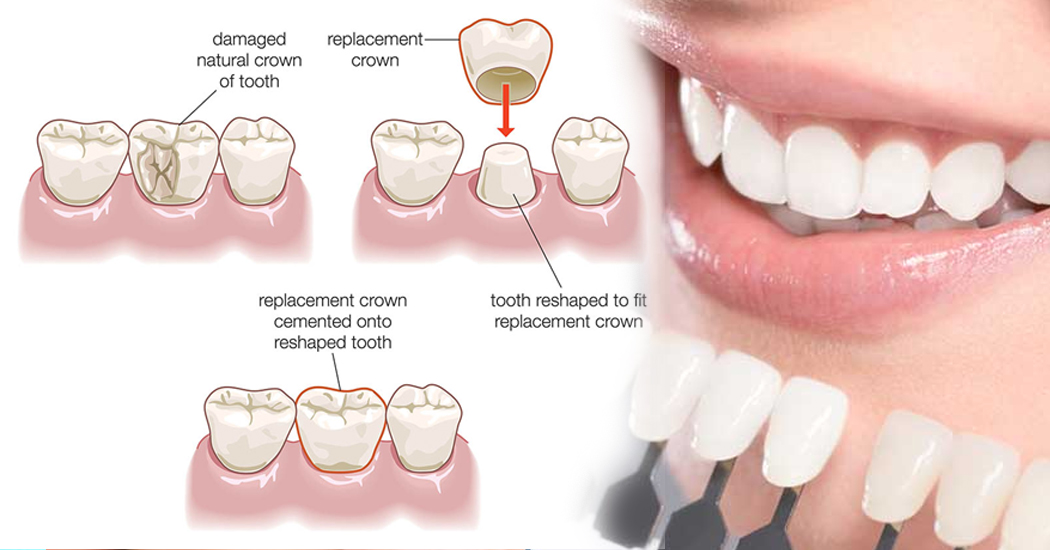- Call Today +918591057087
- Open Hour 10:00 AM to 08:00 PM

A dental crown is a tooth-shaped cap that restores a decayed, broken, weak or worn-down tooth. Dentists also use crowns to cover dental implants and root canal-treated teeth. Made from a variety of materials, including metal, resin and porcelain, crowns last between five and 15 years with proper care.
You may need a tooth cap in the following situations: To protect a weak tooth from flouting. Restore a broken tooth that is severely damaged. To hold up a tooth with a large filling.
They will use a local anesthetic so that you don't feel any pain or discomfort. Next, they will take a copy of the shape of the tooth. This can be done using an impression pressed into a mould, or by using a digital scanner. The information may be sent to a lab where a technician will make the crown to fit your tooth.
Teeth capping, also known as dental crowning, involves placing a cap or crown over a damaged or decayed tooth. This procedure helps restore the tooth's shape, size, strength, and appearance.
How To Take Care During Dental: Brush your teeth twice a day with fluoride toothpaste. Floss regularly. Visit your dentist routinely for a checkup and cleaning. Tell the dentist about any medical conditions you have and medications you take. Eat a well-balanced diet. Quit smoking. Smoking increases your risk for gum disease.
When To Visit your Doctor? Changes in mood and sudden confusion can occur with mental health issues as well as physical conditions, such as an infection or drug interaction. Watch out for trouble thinking or focusing, irregular sleeping patterns, and feelings of anxiety or depression.
© Dental Care is proudly created by Quiksi Media